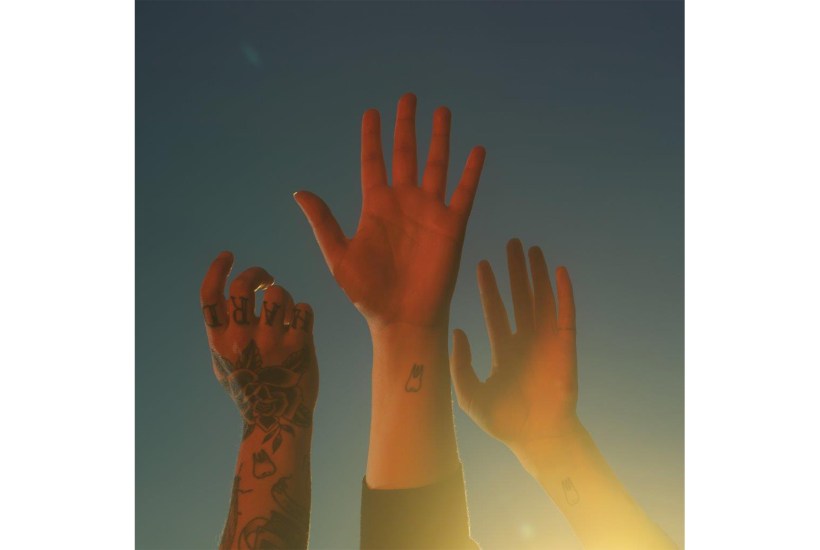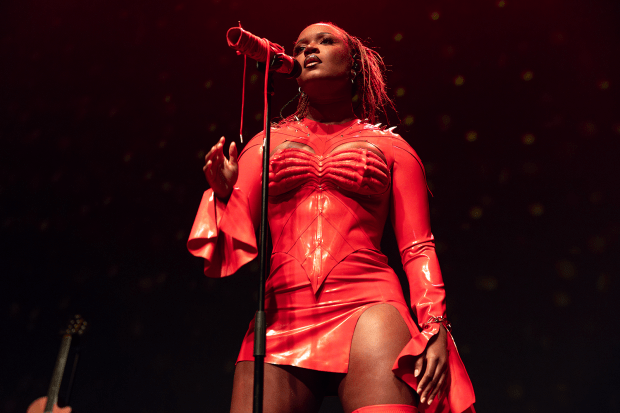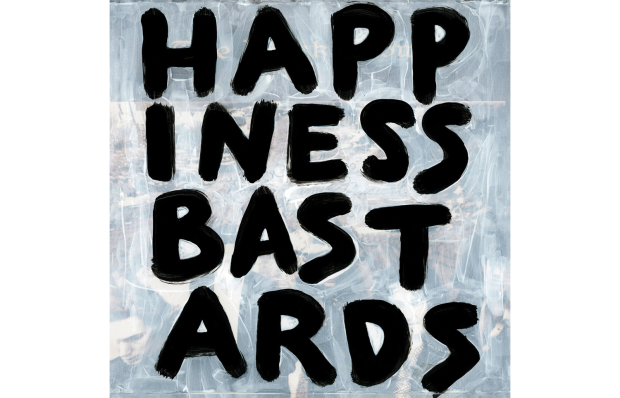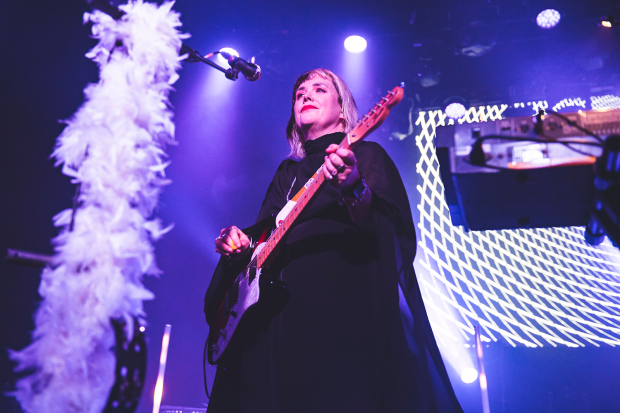Recently in these pages, ruminating on the ghastly Rock and Roll Hall of Fame, I wrote that music does not conform to any equation. I should have added: except, of course, for the occasions when it does. One tried-and-true formulation is that ‘super-groups’, those bespoke vehicles bringing together artists best known either for working alone or within other bands, tend to add up to considerably less than the sum of their parts.
We could blame Eric Clapton. Indeed, it seems remiss not to. Blind Faith – a fatally untidy union of Clapton (ex-Cream), Steve Winwood (ex-Traffic) and Ginger Baker (exhausting) – started the whole thing off in 1968, and not in a good way. Blind Faith simply felt like a poor fit: under-rehearsed, musically non-simpatico, a rash idea whose time hadn’t come.
Each era has its own versions. Few linger long in the memory. Can you whistle anything by the Power Station, the 1980s rock band comprised of Robert Palmer and members of Chic and Duran Duran? Of course you can’t. Generally, supergroups are in thrall to the idea of their own existence; the music trails sluggishly behind. Most are a mere indulgence, which is forgivable. Much worse is when everybody involved sublimates their best selves to some polite, compromised vision of the collective. Others are nakedly needy: X needs Y to lend legitimacy to some new artistic fancy.
Only a handful forge a genuinely distinct creative identity. Crosby, Stills & Nash transcended the significant groups (the Byrds, Buffalo Springfield and the Hollies, respectively) the members left behind. The Good, the Bad & the Queen – Damon Albarn with the Clash’s Paul Simonon and late, ace Afrobeat drummer Tony Allen – did a decent job, though it was clear Albarn was always running the show. In the 1990s, Electronic – New Order’s Bernard Sumner and the Smiths’ Johnny Marr – succeeded in maintaining some of the common denominators connecting two utterly distinct bands while sounding like neither, creating something that felt both familiar and fresh.
And that is the point of such collaborations, one hopes: to drag artists out of their respective comfort zones and into new territory, while retaining the sense that nobody is selling themselves either out or short.
Which brings us to boygenius, an indie supergroup comprising Phoebe Bridgers, Lucy Dacus and Julien Baker. None of them are household names, exactly, though Bridgers is now a pretty big deal, yet these three twentysomething women wield enormous cultural influence among a fanbase for whom they articulate the age’s key themes: sexual fluidity, fragile mental health, identity confusion, intense friendship. Their partnership is the Gen Z equivalent of Dolly Parton, Emmylou Harris and Linda Rondstadt getting together in the 1980s; or, more recently, k.d. lang, Neko Case and Laura Veirs collaborating. This summer in the UK, boygenius will play two huge outdoor shows.
This is their first album, following an EP in 2018. The brief, charming opening track, ‘Without You Without Them’, sung acapella and seemingly recorded around the kitchen table, is a red herring for the mix of orthodox indie-rock and sad ballads that follows. Lyrically, however, it contains a mission statement: ‘I want you to hear my story and be a part of it.’
The blurb around the band and the record is that they are logical extensions of the trio’s close friendships. The songs they wrote together are ‘conversations’ – not with the listener, but with each other. In ‘We’re In Love’, Dacus goes to karaoke to sing ‘the song you wrote about me’. Meta much? ‘Leonard Cohen’ reads like an off-the-cuff email mistakenly cc’ed to ‘all contacts’ rather than the two members of the group to which it pertains.
By writing songs for and about each other, boygenius delight a core fanbase deeply invested in their personalities, while simultaneously reinforcing their separateness. It’s not hard to spot the guiding hand behind each song. Bridgers does super-sad, super-specific woozy balladry (‘Emily I’m Sorry’, ‘Letter to an Old Poet’), while ‘Not Strong Enough’ recalls her breakout hit ‘Motion Sickness’. Dacus’s coolly expressed emotional excavations plug into a pop sensibility on ‘True Blue’, before turning devastatingly direct on ‘We’re In Love’. Baker offers winning extremes, from the crunching ‘$20’ to the pretty ‘Cool About It’, which sounds a little like Simon & Garfunkel.
It means the record pleases while doing the opposite of what it might ideally have set out to do. There are good songs – beautiful ones, even – killer harmonies and noisy thrills, but only the louche, lurching ‘Satanist’ feels as though it could never have existed had the trio not made a record together. There is no dominant boygenius gene, just three interesting artists being interesting in a slightly different context. Nice for them, clearly, and nice enough for us, but that supergroup equation still holds.
Got something to add? Join the discussion and comment below.
Get 10 issues for just $10
Subscribe to The Spectator Australia today for the next 10 magazine issues, plus full online access, for just $10.
You might disagree with half of it, but you’ll enjoy reading all of it. Try your first month for free, then just $2 a week for the remainder of your first year.














Comments
Don't miss out
Join the conversation with other Spectator Australia readers. Subscribe to leave a comment.
SUBSCRIBEAlready a subscriber? Log in